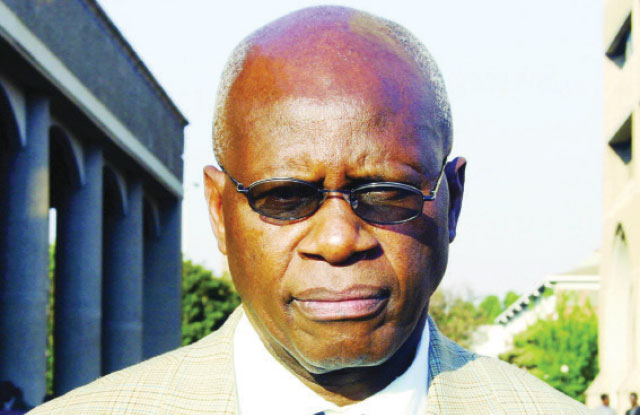Raw industrial supplies’ exports earn $2,5 billion

ZIMBABWE exported “industrial supplies” to the tune of $2,5 billion last year, figures from the Zimbabwe National Statistical Agency (ZimStats) show.
The record shows that primary industrial supplies accounted for $1,45 billion while processed industrial supplies accounted for just over $1 billion, indicating that Zimbabwe is still largely exporter of raw products.
This is despite initiatives by the Government to encourage value-addition and beneficiation.
According to global exports aggregator website, worldstopexports.com Zimbabwe’s main export products include: tobacco, gems and precious metals, ores, slag, ash, iron and steel, sugar and cotton.
Other products are salt, sulphur, stone, cement, oil, wood, coffee, tea and spices.
Overall, the country’s total exports amounted to $2,83 billion, which was a slight increase from the $2,7 billion worth of goods exported in 2015 on the back of policy measures such as the Reserve Bank of Zimbabwe (RBZ)’s five percent export incentive scheme that was, however, implemented in the fourth quarter of 2016.
The Government had set a target of $3,3 billion in export receipts in 2016.
Total imports remained very high at $5,21 billion but lower than the $6 billion worth of imports recorded in 2015.
The decrease was attributable to a number of policy measures implemented during the year to reduce the level of imports.
Zimbabwe main imports are motor vehicles and machinery, fuel and foodstuffs, while its main import partners are South Africa and China.
One of the most critical measures in this respect that was implemented was the promulgation of Statutory Instrument 64 of 2016 (SI-64), which removed several goods from the Open General Import Licence.
As a result of the slight improvement in the level of exports and the decline in imports during the year, the country closed 2016 with an annual trade deficit of $2,37 billion compared to the $3,29 billion achieved in 2015.
The measures implemented by Government are only short-term, a fact that has been reiterated by both Treasury and the Ministry of Industry and Commerce, hence there is need for local manufacturers and exporters to take advantage of the opportunity.
“It is …essential that our local companies take maximum advantage of this short term window of opportunity to retool, recapitalise and re-orient their business models, and address their cost structures and competitiveness,” Finance and Economic Development Minister Patrick Chinamasa has said.
Meanwhile, the Government has since indicated that it will launch a new National Trade Policy later this year that should address some of the exporters’ challenges and concerns. — BH24.











Comments